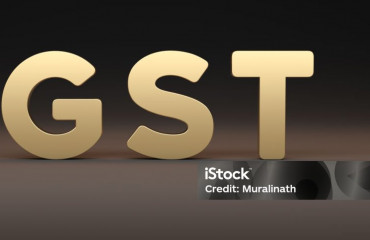
- 26 Jul 2025 05:38 PM
- New
GST – Journey, Challenges & Road Ahead
Source: https://taxguru.in/goods-and-service-tax/live-webinar-gst-journey-far-present-challenges-road.html
Live Webinar: GST – Journey, Challenges & Road Ahead by 3 Eminent Speakers
Read More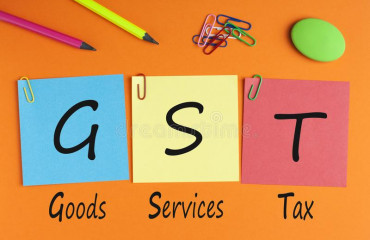
- 24 Jul 2025 06:09 PM
- New
‘Old tax arrears won't be taken if…’: Siddaramaiah on UPI-linked GST notices to small traders
Siddaramaiah said the old tax arrears, linked to the UPI payments, ‘will not be pursued, provided all such traders register under the GST and begin paying GST moving forward.’
Read More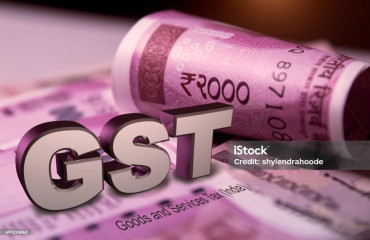
- 23 Jul 2025 06:17 PM
- New
No GST loss to Goa from out-of-state corporate billing: CM Sawant
Panaji, Jul 23 (PTI) Chief Minister Pramod Sawant has said Goa has not incurred any loss in the Goods and Services Tax (GST) revenue due to companies routing their sales and billing through corporate offices located outside the state.
Read More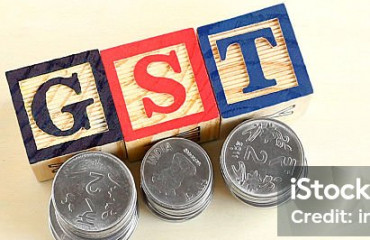
- 23 Jul 2025 06:21 PM
Wait, What! Vegetable trader gets ₹29 lakh GST notice in Haveri, Karnataka
Shankar Gowda Hadimani, a vegetable vendor in Karnataka, received a ₹29 lakh GST notice. He claims that he isn't registered for GST as no rules apply to his business.
Read More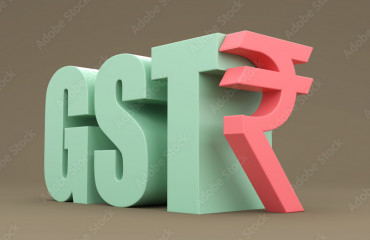
- 22 Jul 2025 06:34 PM
Supreme Court to examine service tax on Reliance charter flights for executives
The tax department argued that Reliance Commercial Dealers Ltd is effectively renting aircraft to Reliance, which should attract higher taxes like equipment rentals.
Read More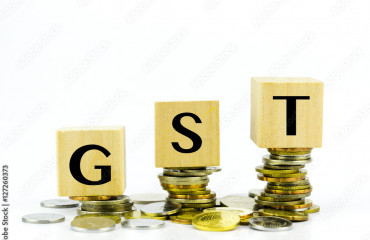
- 22 Jul 2025 06:31 PM
Commerce ministry weighs GST rationalization for motion-lit toys
The global toy market is projected to reach $179.4 billion by 2032.
Read More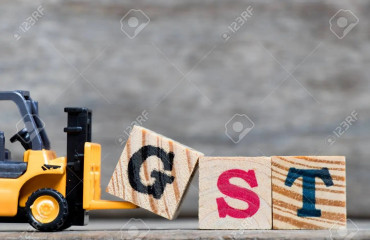
- 22 Jul 2025 06:37 PM
GSTAT Operational Delays & Interim GST Dispute Measures
Source: https://taxguru.in/goods-and-service-tax/gstat-operational-delays-interim-gst-dispute-measures.html
The Indian Ministry of Finance, in response to a Lok Sabha unstarred question on July 21, 2025, provided an update on the establishment of the Goods and Services Tax Appellate Tribunal (GSTAT). A total of 31 state benches across 45 locations and a Principal Bench in New Delhi have been notified; however, none are currently operational. For the financial year 2025-26, a budget of Rs. 210,04,70,000 has been allocated for GSTAT, with Rs. 3,05,58,376 utilized to date.
Read More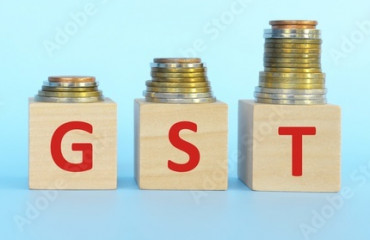
- 22 Jul 2025 06:41 PM
No GST rate Cut Yet on Mango Pulp – Govt Clarified
Source: https://taxguru.in/goods-and-service-tax/gst-rate-cut-mango-pulp-govt-clarified.html
In response to a query raised in Lok Sabha regarding the high GST rate on mango pulp, the Ministry of Finance clarified that the current 12% GST rate is based on the GST Council’s recommendation, which includes representatives from both the Centre and States. Concerns were raised that this rate has led to a decline in demand from beverage companies, potentially impacting mango growers, particularly in Tamil Nadu.
Read More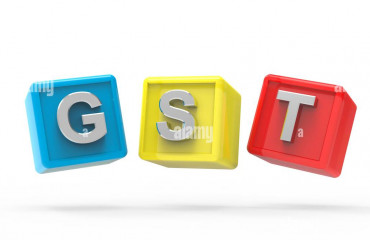
- 21 Jul 2025 05:26 PM
GST officers detect ₹15,851 cr fraudulent ITC claims in April-June, 3,558 fake firms uncovered
New Delhi, Jul 20 (PTI) GST officers have uncovered fake input tax credit (ITC) claims of ₹15,851 crore in the April-June quarter of current fiscal, a 29 per cent jump over the year-ago period, even though the number of fake firms detection was less Y-o-Y, officials said.
Read More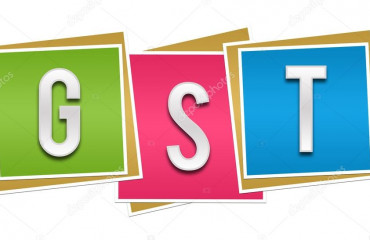
- 21 Jul 2025 05:30 PM
Centre, states close to agreeing on rolling cess into GST
The Centre and states are close to agreeing on folding the GST compensation cess within the broader goods and services tax (GST), two people aware of discussions in the government said. The two sides are also close to reaching an agreement on how to utilize the surplus cess collected, likely by dividing between them.
Read More